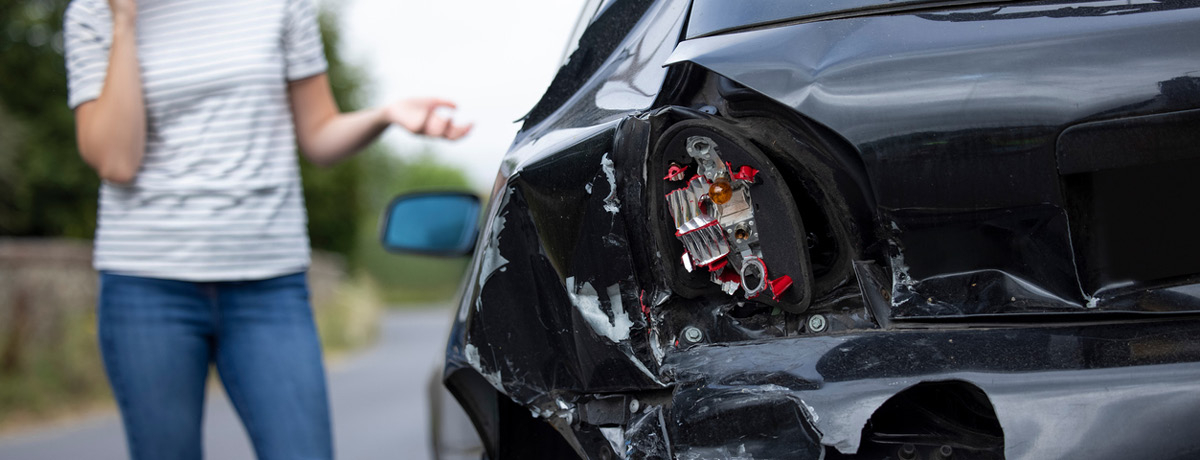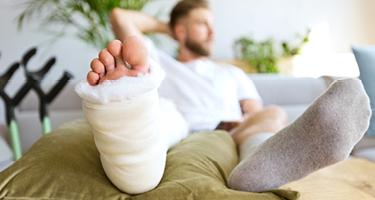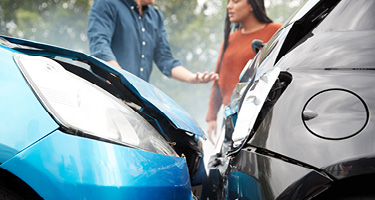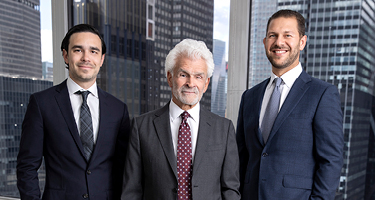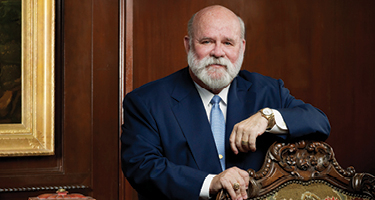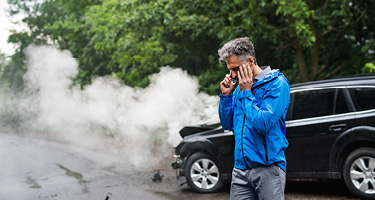Experiencing a car accident can be overwhelming, both physically and emotionally. Whether it’s a minor fender-bender or a serious collision, knowing how to handle the aftermath is essential. A car accident lawyer can help you understand your rights, negotiate fair compensation and guide you through the process.
Here are five important steps to protect your health, secure your legal options and set yourself up for recovery.
1. Seek Medical Care Right Away
Your health should be your top priority after a car accident. Even if you feel fine or believe that your injuries are minor, it’s crucial to see a doctor as soon as possible.
Not all injuries are obvious, especially in the immediate aftermath of a crash. For example, symptoms of a concussion may take up to 48 hours to develop.
Some injuries cause complications that may take days or weeks to exhibit symptoms, such as blood clots. Other injuries may cause few or no symptoms until they become life-threatening. A hallmark example is internal bleeding, sometimes called trauma’s “silent killer.”
These delayed symptoms can result from many factors, including:
- An adrenaline rush in response to the crash
- Shock
- The body’s inflammatory response
- A complex cascade of chemical and cellular changes after an injury
- Complications
- Micro-tears in soft tissues like tendons and ligaments
- Aggravation of a pre-existing condition
- Nerve compression
Prompt medical attention not only helps ensure that you receive the necessary treatment but also provides documented proof of your injuries. This is important if you later pursue an insurance claim or legal action.
Follow your doctor's recommendations and stick to the treatment plan they provide. This may include follow-up appointments, physical therapy, or prescribed medications. Skipping any of these steps could hurt your health and potential claim.
2. Check Your Insurance Coverage
Understanding your insurance policy is another important step. In most states, the at-fault driver’s insurance pays for bodily injury and other damages. However, if you live in a state with "no-fault" insurance laws, such as New York or Florida, you'll file a claim through your own insurance company, regardless of who caused the accident.
In no-fault states, Personal Injury Protection (PIP) coverage can help cover medical expenses and lost wages, but it has limits. Depending on the severity of the accident, you may be able to file a claim against the at-fault driver for additional compensation.
Uninsured/underinsured motorist (UM/UIM) coverage is optional in most states. If an uninsured or underinsured driver hits you, this coverage can pay for your losses. It may also cover your damages after a hit-and-run accident.
Take time to review your policy and understand your coverage options. If you're unsure, speak with your insurance company or an attorney to clarify your rights and benefits.
3. Consult a Personal Injury Lawyer
If another driver’s negligence or recklessness caused the accident, obtaining legal representation can make a big difference.
A car accident lawyer can help you in many ways, including:
- Explaining your legal options for recovering compensation
- Guiding you through the complex legal process
- Defending you against insurance company tactics, like shifting blame or minimizing the severity of your injuries
- Protecting your rights
- Ensuring that you avoid mistakes that can harm your case, such as making statements to the insurance adjuster that could be used against you
- Working with experts and gathering evidence to build the strongest claim possible
- Calculating the full damages you sustained, including future losses
- Negotiating on your behalf
- Representing you in a personal injury lawsuit if necessary
The legal process can be complex, and insurance companies may attempt to minimize your claim. A lawyer can ensure that your case is built on a strong foundation.
Personal injury lawyers usually work on a contingency fee basis. This means you don’t pay attorney’s fees unless they secure compensation for you. This arrangement makes legal representation accessible so that accident victims can get the help they need.
4. Focus on Self-Care
Recovering from an auto accident is not just about physical healing; it’s also about taking care of your overall well-being. Whether you have visible injuries or not, your body may experience soreness or fatigue from the trauma. Rest and proper nutrition play a vital role in your recovery. Make sure to get plenty of sleep and follow your doctor’s advice regarding any physical activity.
It's easy to become overwhelmed by the stress of dealing with insurance claims and medical appointments, but maintaining your health should always come first. Consider involving family or friends in your recovery by asking for help with daily tasks or attending medical appointments with you.
Taking time for yourself, practicing relaxation techniques and managing stress can all contribute to your well-being during this difficult time.
5. Consider Psychological Counseling
Traffic collisions can also take a toll on your mental health. It’s common to feel anxious, scared, or emotionally shaken after a car accident. Some individuals experience post-traumatic stress disorder (PTSD) or ongoing anxiety related to driving.
Risk factors for developing PTSD after a serious crash include:
- Being a female
- A history of depression
- A previous traumatic event or violent injury
- A crash involving a fatality
- Culpability for the crash
If you avoid the car or experience flashbacks, sleep disturbances, or mood swings, it may be time to seek help from a counselor or psychologist.
Acknowledging your feelings and talking about them can help you move forward. Mental health professionals can help you process the trauma of the accident and develop coping strategies. Treatments that may be beneficial include individual therapy, EMDR therapy and cognitive behavioral therapy (CBT).
Remember: addressing the psychological impact of the accident is just as important as treating physical injuries.
Following These Steps Can Help You Navigate the Aftermath of an Auto Accident
Dealing with the aftermath of a car accident requires prompt action to safeguard your health, protect your rights, and pursue the compensation you need to move forward. By following these steps and focusing on both your physical and mental recovery, you can navigate the challenges of an accident and move forward on the path to healing.
